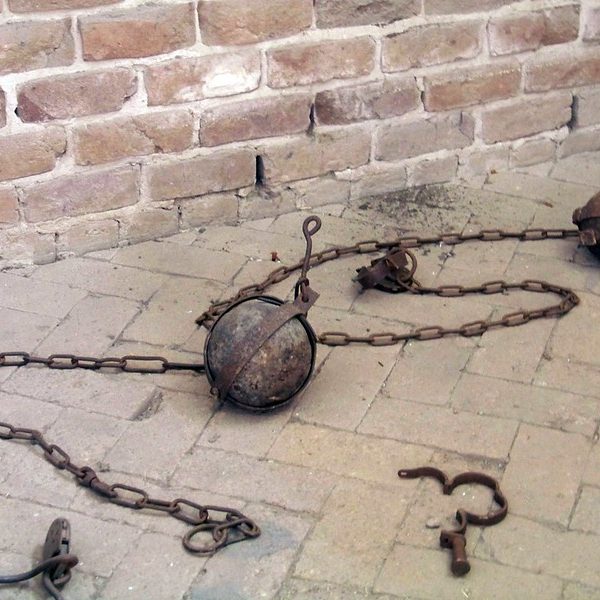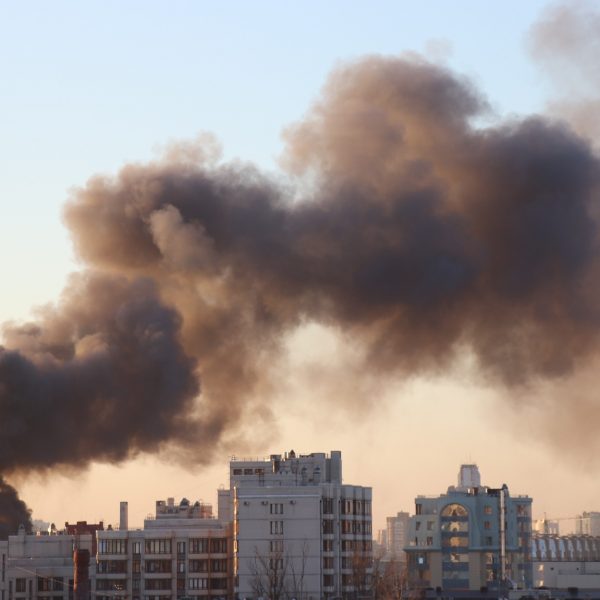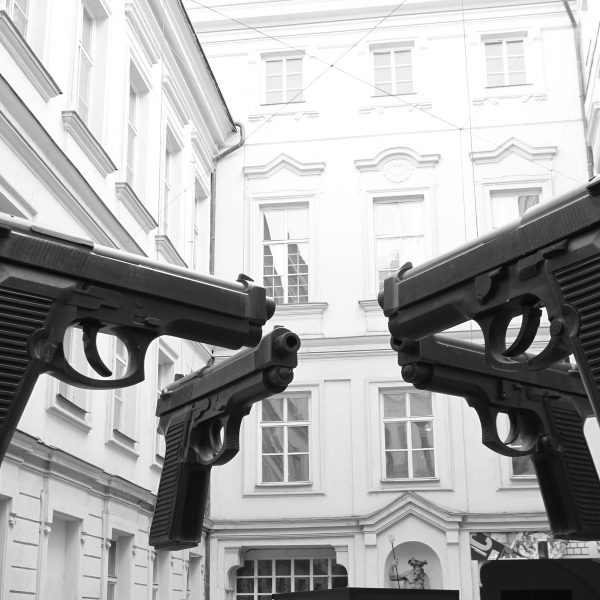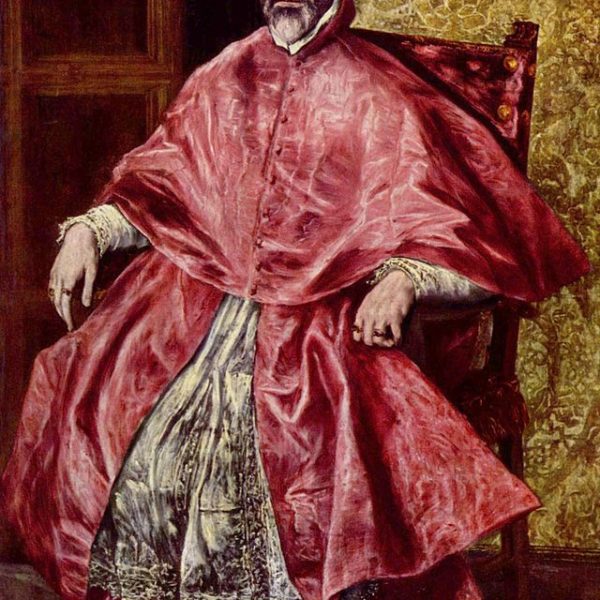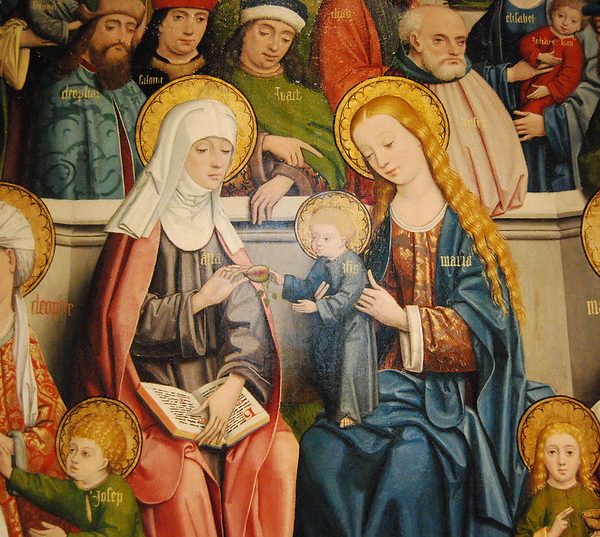
To become part of an institution as a member of a group which has historically been excluded from the university or from the discipline of theology is to be extremely conscious of the fragility of our survival within that institution, to feel the necessity of struggling against the forces of reproduction which conspire towards our ongoing exclusion.
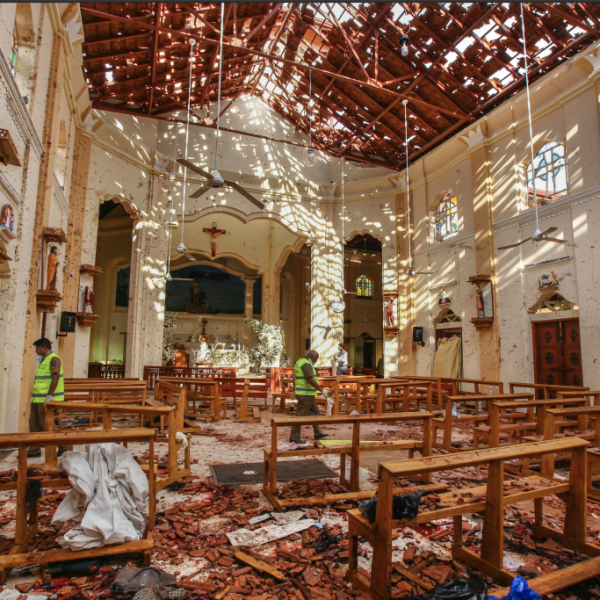
What connections may we draw between attack on the Tree of Life synagogue in Pittsburgh, the Christchurch mosque shooting, African-American church arsons in Louisiana, the Easter Sunday bombing in Sri Lanka, and the synagogue shooting in San Diego?
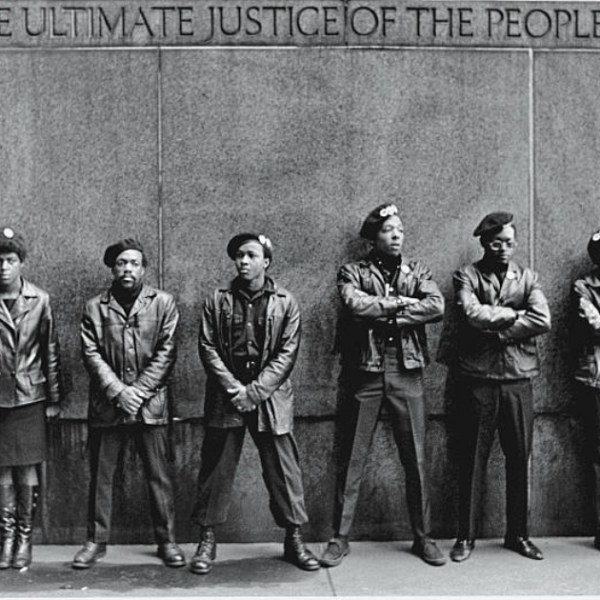
How can community be grounded, if neither in force nor in love? To find out, we must reckon with Arendt’s reading of Augustine, for whom love and force were intimately intertwined.
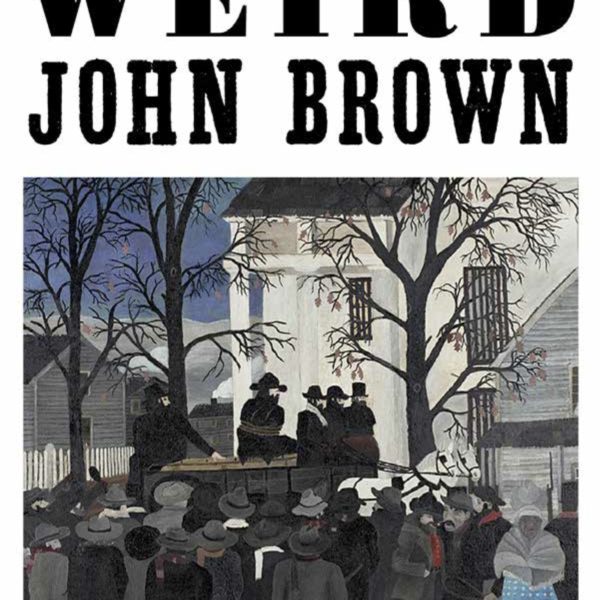
Ted Smith delivers an unprecedented thesis about Brown’s violent assault on slaveholders as the human side of a “divine violence.” From beyond the limits of any earthly system of political justice and social ethics, this is a divine judgment against the validity of an entire system of political ethics. Addressed, for one, to American ethicists today — both those who teach and study in the university and those who voice their ethical judgments on street corners, in churches, and across the Sunday dinner table — Smith’s words, while gently spoken, deliver their own report of divine judgment.
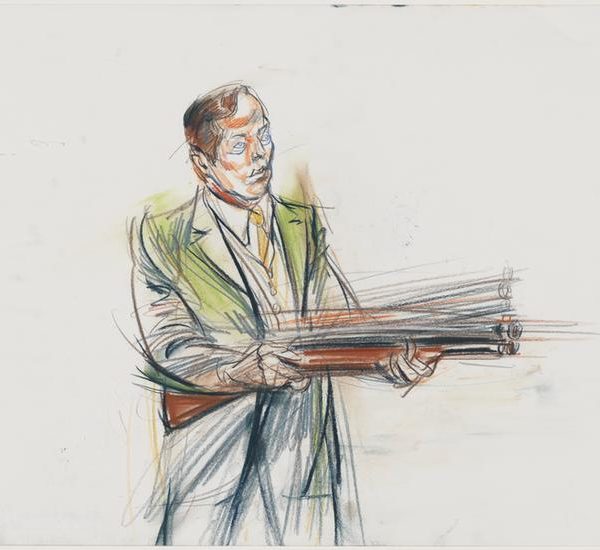
Three years before, Eleanor Bumpurs had been shot. A sixty-six year old black woman shot by a white police officer. Shot twice. With a shotgun. In her home. A case against the police officer wound through the courts in fits and starts. In 1987 the officer was acquitted. It was then, on the streets in front of the courthouse, that the press recorded for the first time the chant, “no justice, no peace.”
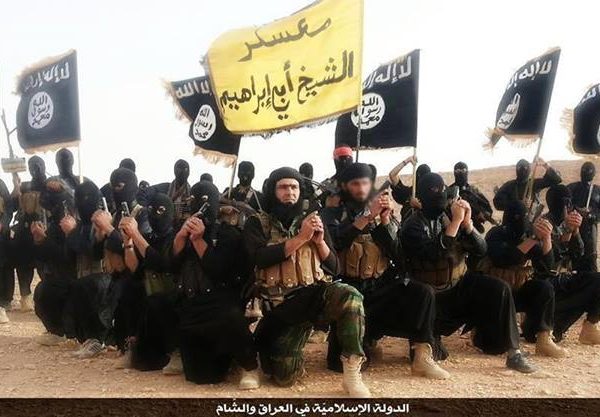
What is happening today in the Middle East – and the strange, deer-in-the-headlights response of Western elites – seems in many ways to be a fulfillment of the predictions of French cultural theorist and political activist Guy Debord, author of The Society of the Spectacle (1967).
